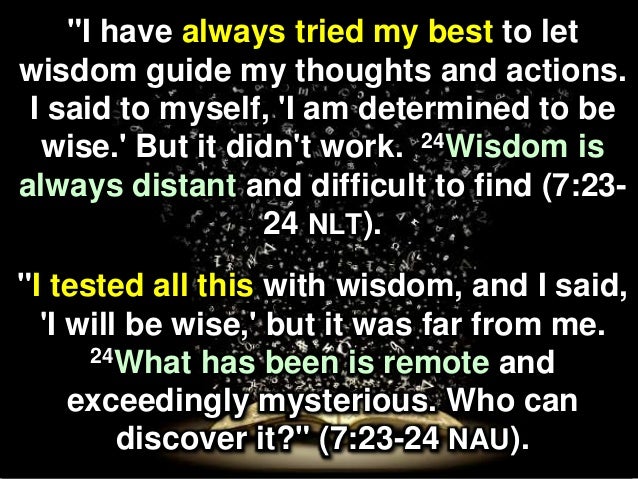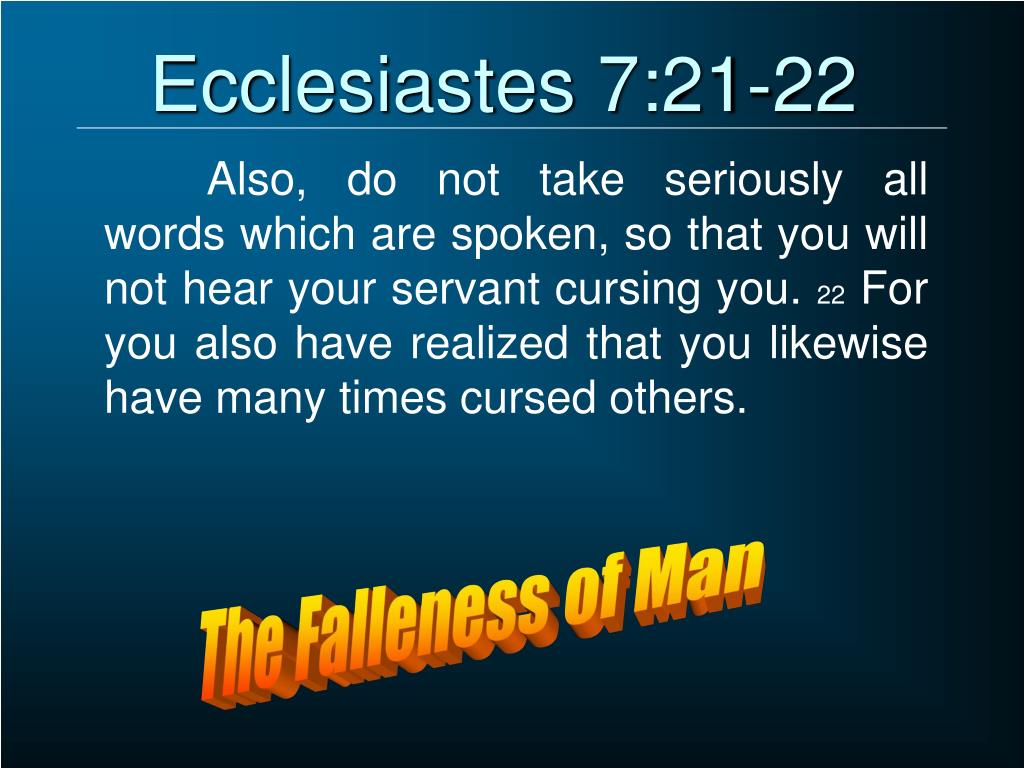I would usually do a post on Ecclesiastes today, but I’m just not in the mood. Not a good excuse, I know. I always get into the mood once I start writing, but today I’m deliberately taking a break.
I had to go in for a couple of routine medical tests early this morning–fasting blood work was one of the tests. Then I hit the Walmart for a few groceries, and now I’m back home, all by myself for the entire day. I love it.
Terry’s down at church mowing. It’s a large property, and it takes him all day. So I have several hours rolling out in front of me with nothing planned, nothing pressing, nothing I HAVE to do. That’s really cool 🙂
At the doctor’s office, the secretary was checking my info and asked if I’m still working at the counseling office. I said, “No! I retired this week!” and the other women in the office all turned and offered me congrats and well wishes.
I’m a Baby Boomer, after all. Most places I checked agreed that the Boomer years range from 1946 to 1964. I was born in 1947. Retirement often happens between 60 and 65, but more and more people are working into their 80s. Sometimes, it’s just because they love their work. I did. I’d still be working if I were physically able to do so.

I’m beginning to get a little glimpse of what a big deal this really is. People work all their lives hoping to be able to retire. Sometimes it just doesn’t work out, for a variety of reasons. I retired because of my health. It’s hard to focus on people when you’re hurting, and I knew I was losing concentration. I was also missing days at a time because I just couldn’t physically endure the hours of sitting. In any case, it’s a major life change that is slowly beginning to sink in.
But it doesn’t mean I’m going to do nothing. My calendar is already filling up with one thing and another. I’m taking this next week off completely, but after that I have some responsibilities that will require me to study, plan, and prepare. One big thing is that I’m going to carve out the time, every day, to work on a book I’ve had in my head for way too long.
But the main thing is to spend more time with the Lord. No more rushing, hurrying through my daily Bible reading and prayer time. I’m looking forward to that.
Sometimes we see retirement as the ending of something. I’m seeing it more, these days, as the beginning of the rest of my life 🙂











